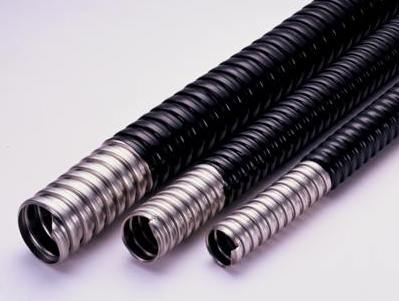 Every little thing counts — especially when you look at machines and equipment. You may find them wherever you are and you may even be using them everyday; the average person might not even consider how every small part plays a big role in the overall function of machines and equipment.
Every little thing counts — especially when you look at machines and equipment. You may find them wherever you are and you may even be using them everyday; the average person might not even consider how every small part plays a big role in the overall function of machines and equipment.
But if you run a brewery, a paper mill, a petroleum refinery, a food processing plant, a manufacturing factory, or any other industrial business, you will need to consider such things. Why? Because most of your machines and equipment will require liquid tight products, such as fittings and conduits.
When looking for your fittings and conduits, you’ll need to do more than just consider its applications. Are these products meant for food processing equipment? Do you need them for machine tools and transformers? Maybe the conduits and fittings are intended for much more sophisticated applications, like robotics?
Once you’ve determined the application, then you can move on to figuring out the potential exposure to certain elements. For example, metallic fittings and conduits have the capability to protect your conductors from coolants, dust, water, and cutting oils. Incidentally, the same type of material can prevent the same conductors from getting mechanical damage that occurs due to vibration and movement.
Of course, conduits and fittings are made for tough and industrial applications. It should be noted though that not all industrial environments would have the same type of conditions; some will have more hazardous conditions than others, owing to its location or the processes involved. And not all conduits and fitting are approved for both exposed and concealed locations.
So it pays to consider your unique conditions when choosing your conduits and fittings. This should help you figure out whether you need galvanized steel or flexible PVC.
The next step is to find out the certification of the products. All industrial components need to come with the standard certification. The certification guarantees that your products are well suited for particularly hazardous locations, as prescribed by NEC (National Electrical Code). These certifications will include Class I, Division 2, Class II, Division 1 and 2, and Class III Division 1 and 2.
The last step is two-fold: ease in installation and credibility of supplier.
You may not be involved in the installation of the conduits and fittings but the ease and speed in which these products are placed will mean less downtime. Meanwhile, the reliability of your supplier for industrial products will ensure that you consistently get high-quality items at good rates, and excellent service when you need it.
